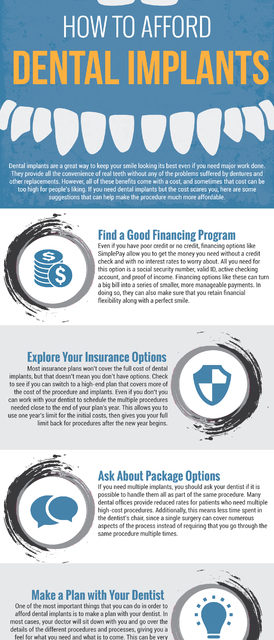The Highway to High Scores: 7 Tips for Building Credit

In America, there are about 45 million adults who are “credit invisibles”. These people have no history of credit at all. If you fall into this category then know how stressful it can be.
The chances are if you’re reading this article its because you’re either a “credit invisible” and need help building credit or need to improve your current credit score.
Are you thinking of renting an apartment, applying for a credit card, or buying a car? If so, then you’ve probably wondered what your credit score is or how you can improve it.
If you need help building credit then we’ve got 10 incredible tips that you can start using in order to start increasing your credit today.
Let’s get started!
10 Tips for Building Credit
Let’s begin building your credit by getting ahold of your credit score so we know where you stand.
1. Get Your Credit Report and Study It
The first step in increasing your credit is finding out what your number is. Sites like Credit Karma provide free credit reports with free monitoring. Find out your score, and what areas you’re lacking in so you can focus on building up each factor of your report.
2. Understand Credit Score Factors
When looking through your report it’s important that you identify the factors of your credit report and where you stand. Let’s take each section one by one.
Your Payment History:
IYour payment history composes an estimated 35% of your score. When it comes to your payment history, the longer the better. They want to see you have a long-running history of paying your bills (on time).
The Amount You Owe:
Your debts, or how much you owe in total, is responsible for about 30% of your credit score. It’s crucial to keep your debts low so start paying off those bills even if its just the minimum. Just remember if you’re making just the minimum payment, your debt will start to build up.
If you owe too much to too many people, you come off looking irresponsible and lenders will be hard pressed to give you cash.
Length of Credit History:
Your credit history is basically a record of your borrowing over the years to prove that you are responsible when it comes to repayment. This makes up for about 15% of your credit score.
They want to see that you are trustworthy and they do this by examining your past. A good tip for keeping your score high is to never close your oldest account.
How Much Credit?
New financial credit activity is worth 10% of your score. You’ll see that new credit history isn’t weighted as heavily as your past, however, it still counts for something proving that new credit habits are worth doing.
Types of Credit:
Your credit report bases 10% of your credit score on the types of credit you have. This can be car payments, student loans, mortgages, credit cards, or personal loans. Lenders like to see a little variety.
3. If You’re Going to Pay Late, Keep It Within 30 Days
We’ve all been there. There aren’t enough funds in the account to even make the minimum payment and we’re just scraping pennies together until payday. If you’re going to pay your bills late, be sure to keep it within 30 days, and here’s why.
Often creditors and lenders won’t report a late payment to credit reporting agencies if the payment is within 30 days. However, missing payments after 60 days, are all reported, which will strongly affect your credit score.
4. Pay Your Bills On Time
Notice we didn’t suggest you pay it in whole, we understand that can be overwhelming. Making the effort to pay your bill on time, even if it’s just the minimum payment, shows that you are responsible with your money. This will improve your credit score and prove that you’re a reliable person to loan to.
5. Enroll in Automatic Payments
Are you always forgetting to pay your bills on time? Don’t worry; if it weren’t for automation, we’d probably mess up too. We now know that paying our bills on time is an important factor to our credit score but life can get busy.
Knowing that you have automatic payments to fall back on is crucial in keeping up your score. Just be sure to check your statements each month to make sure they’re accurate.
6. Reduce Your Debt Starting With Your Credit Card Bill
If you have a lot of debt in a lot of places that you know it can be overwhelming. Where do you start?
Always start with your credit card bill. It often has the highest rate of interest. Get these under control by paying on time and keeping low balances and you’ll soon see your score skyrocket up.
7. Seek Professional Help
If you have a big purchase coming up like buying a car or house and are starting to worry about your credit score, then consider seeking a professional loan advisor who can steer you in the right direction.
Someone like Bonsai Finance can help you figure out what your best options are for getting a loan based on your specific situation.
Why a Good Credit Score Is Important
We all know that having a good credit score is important, but not many of us know why or how it affects our life decisions.
Here are some of the most important reasons you want to start building credit and keeping a high credit score:
- Employers might run a credit check to see if you are a responsible and reliable person
- You can get lower interest rates when applying for loans and credit cards
- You can open up credit cards without being
- If renting an apartment, most landlords will run a credit check to see if you are reliable or if you have a history of missing payments
- A good credit score gives you fast approvals for loans, mortgages, and credit card applications
- You can score better deals on insurance
- You can avoid putting down security deposits for utility services
Increasing your credit score Drowning in debt? We’ve all been there. Check out this article for “Creative Ways to Get Out of Debt“.









